Growers
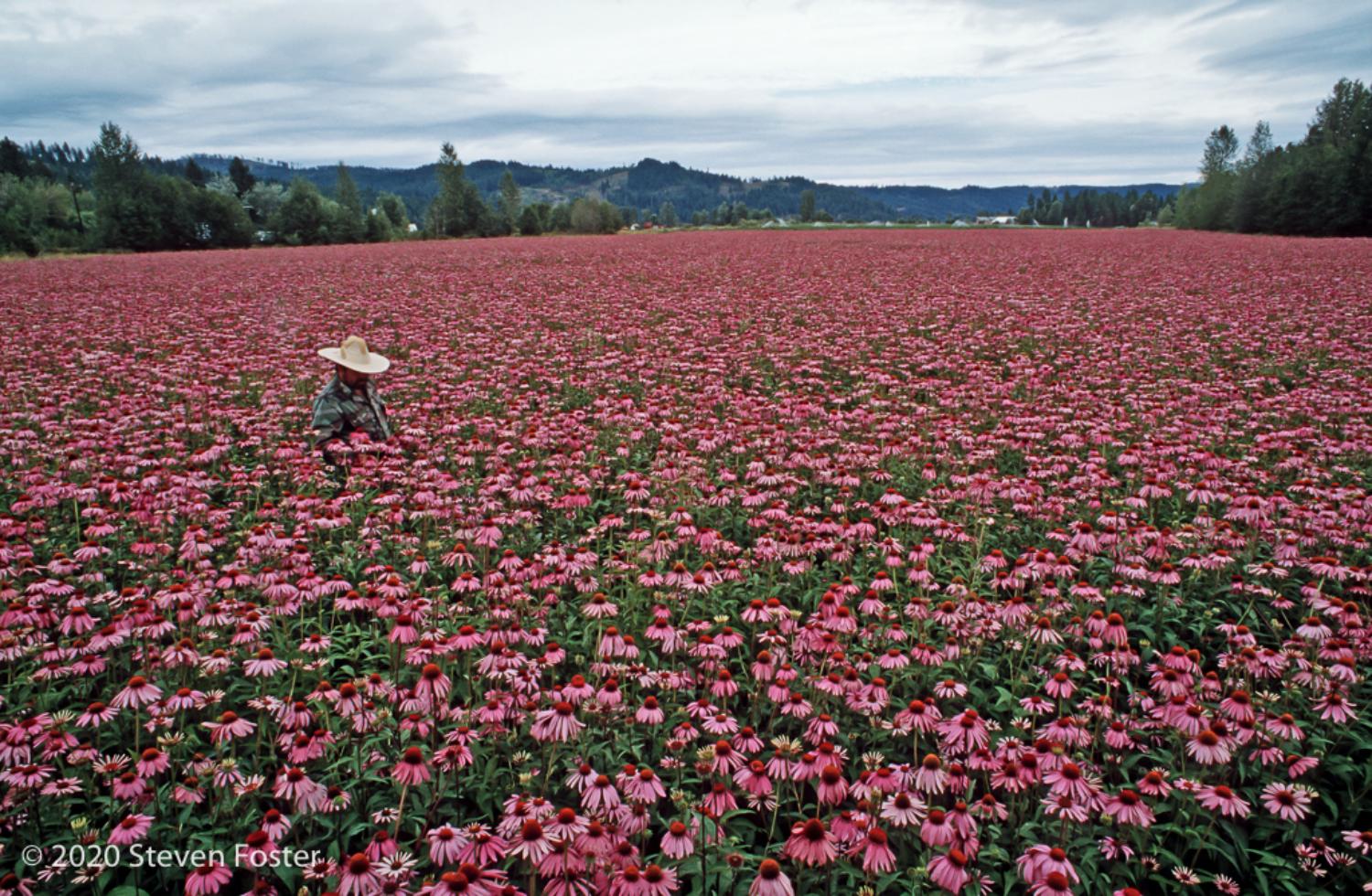
Contextualizing Questions and Answers
Q : How many herbs are cultivated?
A: Recent research has found at least 3200 species in commercial cultivation. These numbers include all sizes of farms including small holders growing medicinal plants in their home gardens and selling those goods to the market.
Q : Are all cultivated herbs equal?
A : No. There are vast differences in how herbs are grown and their impacts on farmer health, soil health, biodiversity, emissions and more. Those impacts directly impact the quality of the finished product.
Q: What are the important questions to ask in buy cultivated herbs?
A : How have the plants been grown? Are they grown in huge mono-cropped fields and sprayed with pesticides? If they aren’t certified organic, what are the farming practices and what are their impacts
Q: What about fairness and equity?
A : Fair certifications aren’t perfect. But they are a way to begin making sure that those growing herbs receive a fair wage. Find out more here.
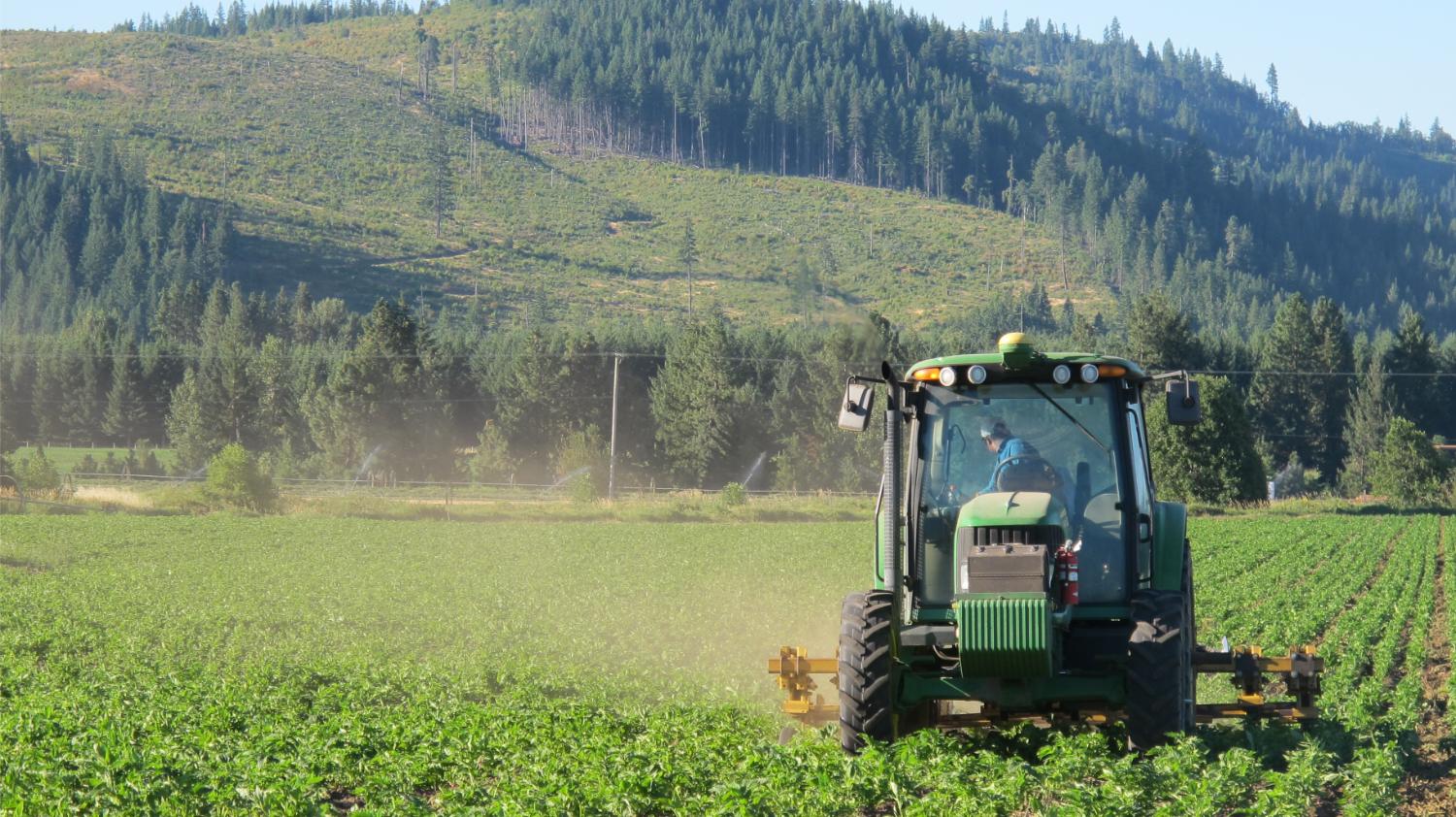
Types of Medicinal Plant Farmers

Smallholder farmers
These farmers typically partner with regional processing companies, growing specific herbs under contract.
Learn more:
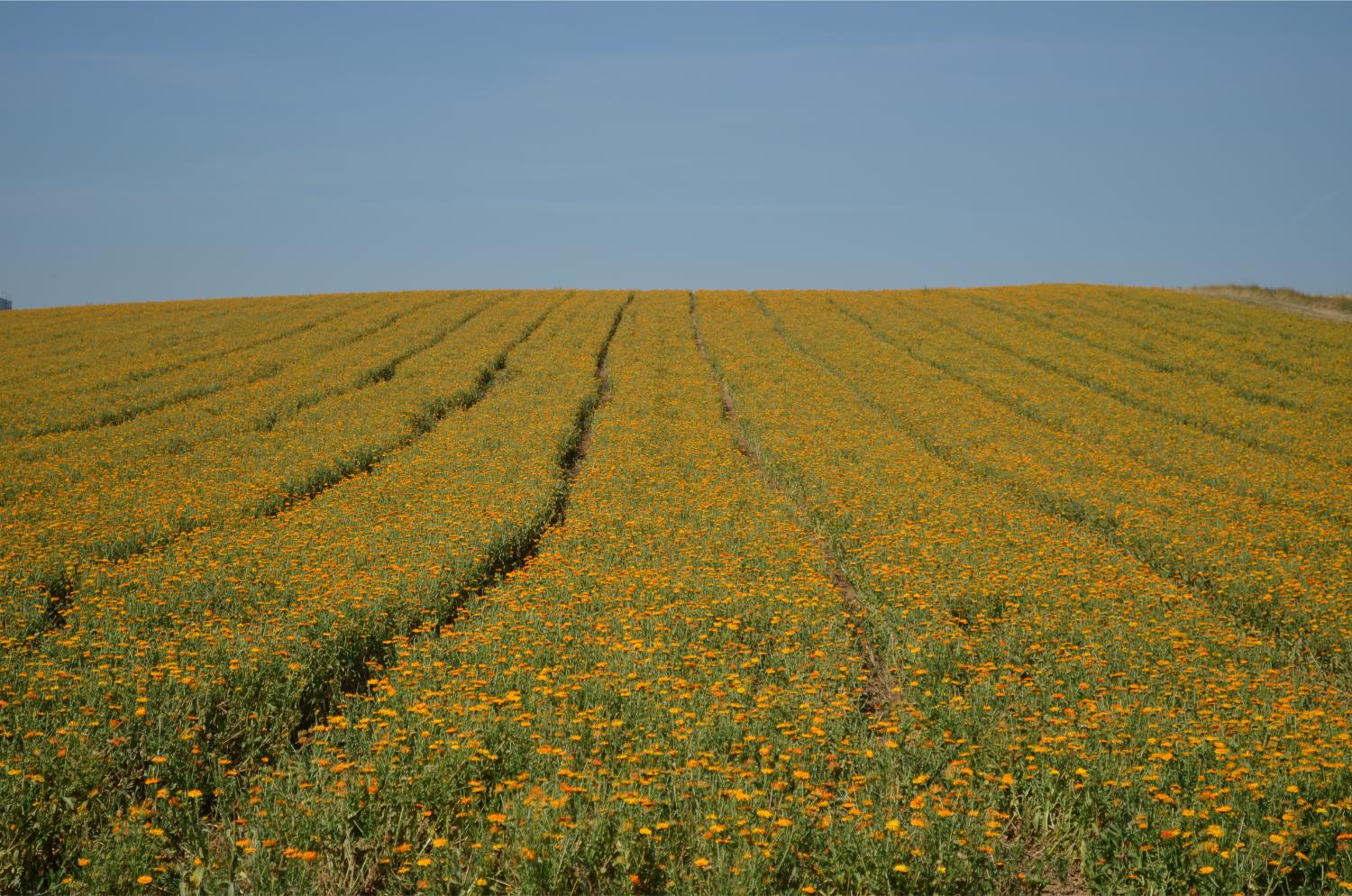
Larger Operations
Larger landowners employ workers for planting, weeding, and harvesting, often contracting with processing facilities for post-harvest handling.
Learn more:
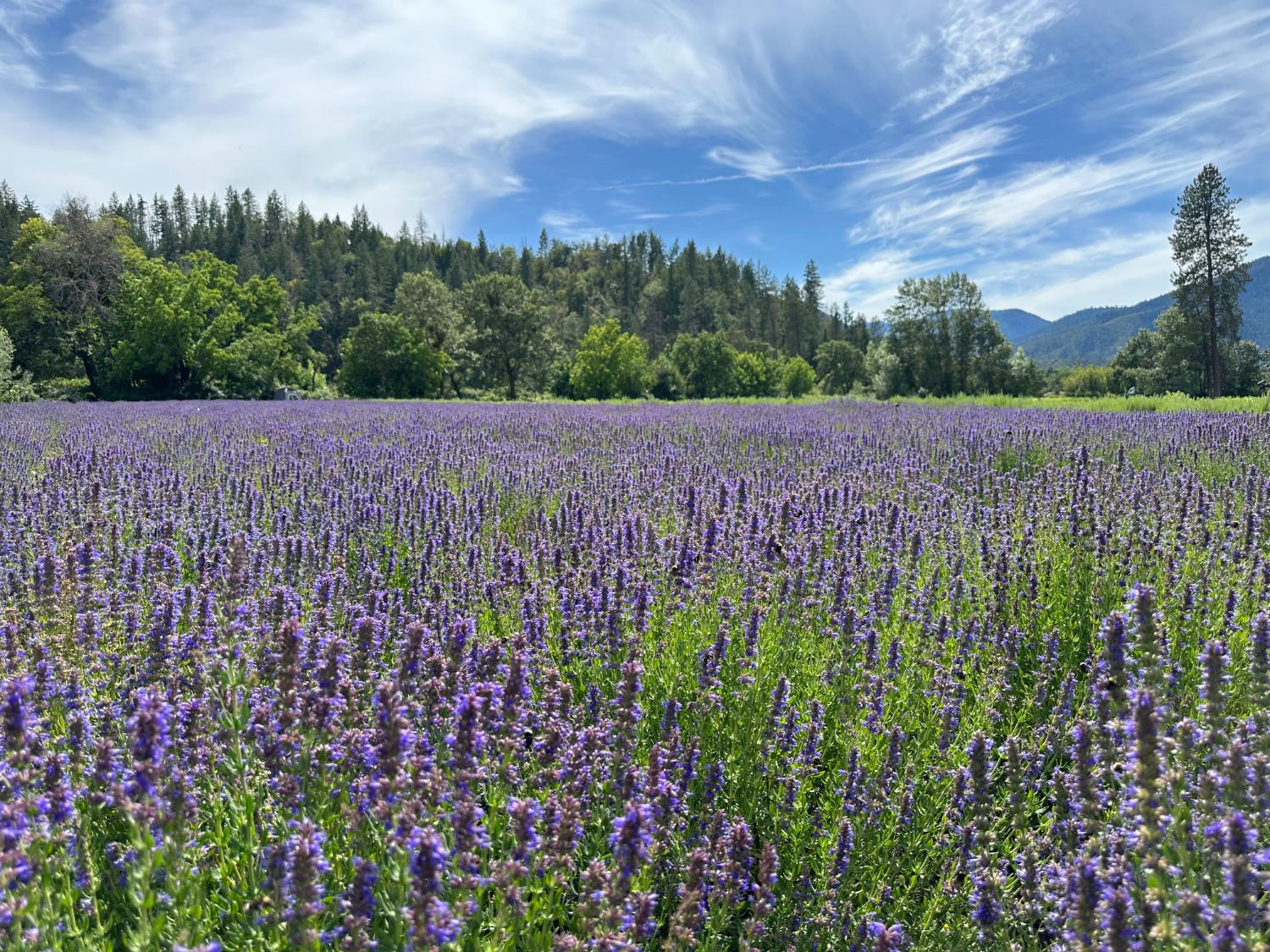
Direct-to-Market Farmers
Common in developed countries, these farmers handle their own processing and sell directly to customers or herb companies. They often create value-added products alongside raw materials, maintaining more control over their business model.
Learn more:
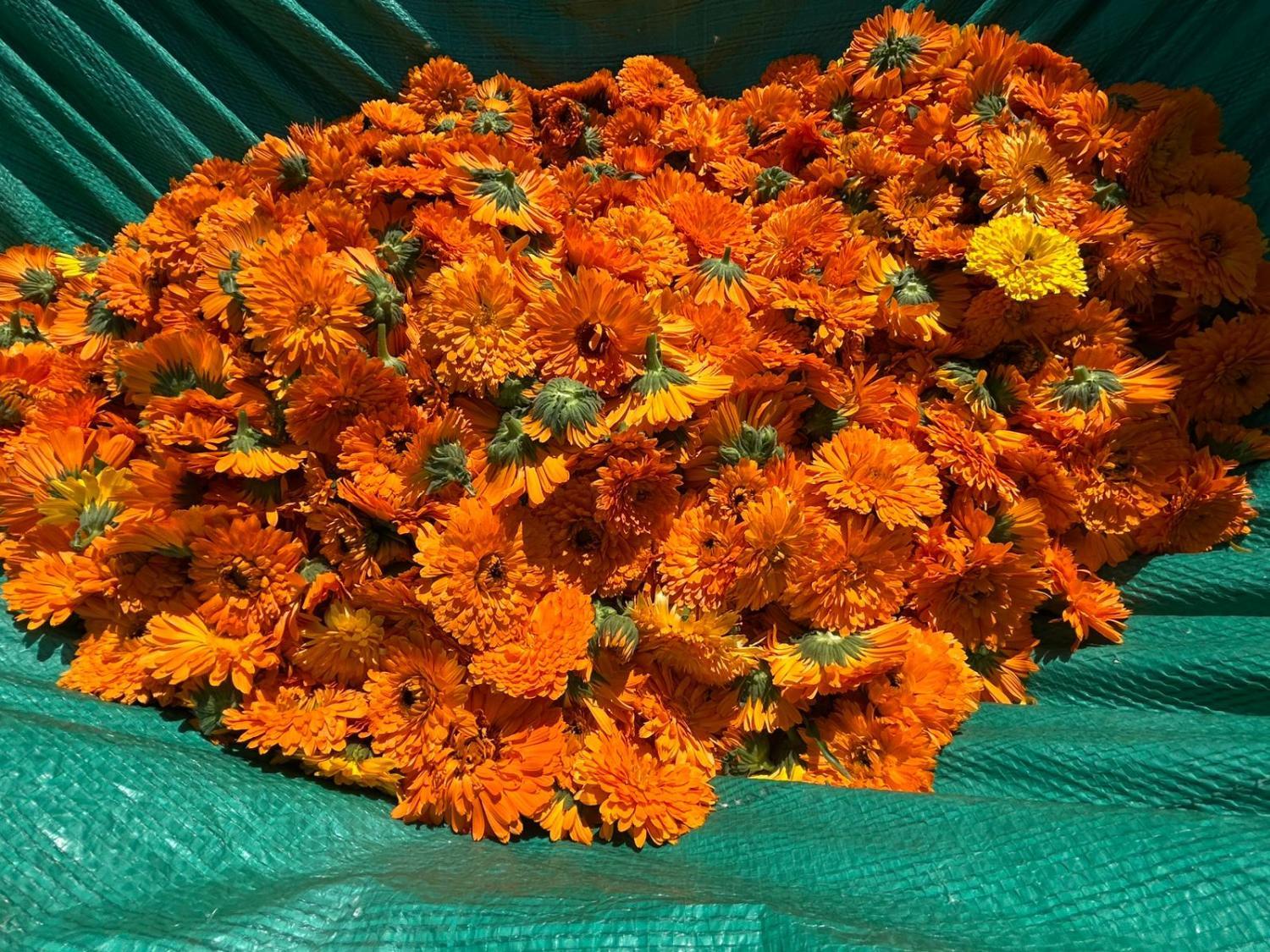
The Organic Difference
Currently, organic herbs represent just a fraction of the $8 billion herbal supplement industry. Yet choosing organic has impacts far beyond avoiding pesticides: it protects workers, supports biodiversity, and often yields more potent medicinal compounds.
The future of herbal medicine depends on sustainable practices that honor both the plants and the people who tend them. As you choose herbal products, consider not just what you’re getting, but what kind of world you’re supporting.
